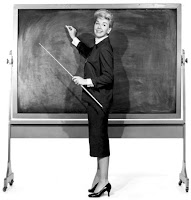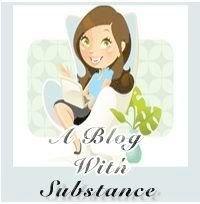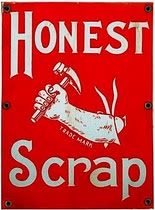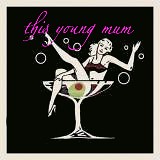Pet peeve is a minor annoyance that an individual identifies as particularly annoying to him or her, to a greater degree than others may find it. (A key aspect of a pet peeve is that it may well seem acceptable to others.) First usage was around 1919 and derived from the 14th-century word 'peevish,' meaning ornery or ill-tempered.
According to multiple sources, the five most common pet peeves are:
- Bad drivers
- Stereotyping
- People who talk during movies
- Not replacing the toilet paper roll
- Rudeness
We're all used to the most common mistakes: confusing you're and your or they're, there and their. I can generally overlook these, although it takes a bit of effort. Other mistakes drive me up the wall - the way nails on a chalkboard does most people.
The biggest annoyances?
- Text-talk (Ex: ur, wtf, omg, idk, lmao, stfu, gtg, brb, ily)
- Using numbers in the place of words/letters, intentionally mispelling words and/or using a single letter in the place of a word (Ex: It was gr8 2 c u last nite!)
- Should of or could of; the proper grammar would be should have or could have (also commonly mistaken in this manner are would, may, must and might).
- Good instead of well (Ex: He played good.)
- Seen when saw should be used (Ex: I seen Mike at the mall.)
- Alot - should be two separate words: a lot. What bothers me about this phrase is that 'a lot' is a piece of property, although it's generally accepted as a synonym for "much" or "a great amount."
- Are instead of our (Ex: We need to bring are chairs to the park.)
- "I could care less." What they mean to say is, "I could not care less."
- Using then and than incorrectly (Ex: I have more money then you. Wrong!)
- Using to instead of too or two (Ex: It's way to cold outside.)
- Confusing its and it's (similar to the they're/their/there and you're/your fiasco) - its is possessive; it's means "it is."
- Confusing affect and effect (Ex: A cold can affect the sound of your voice, while an effect of cold medicine might be sleepiness.)
I feel much better now.
























